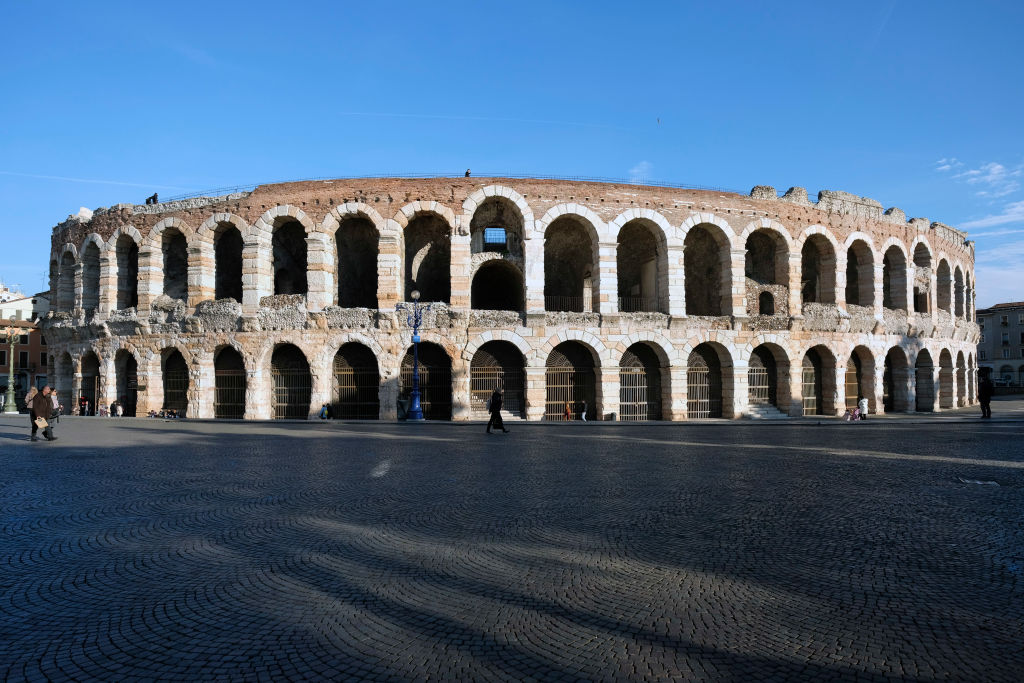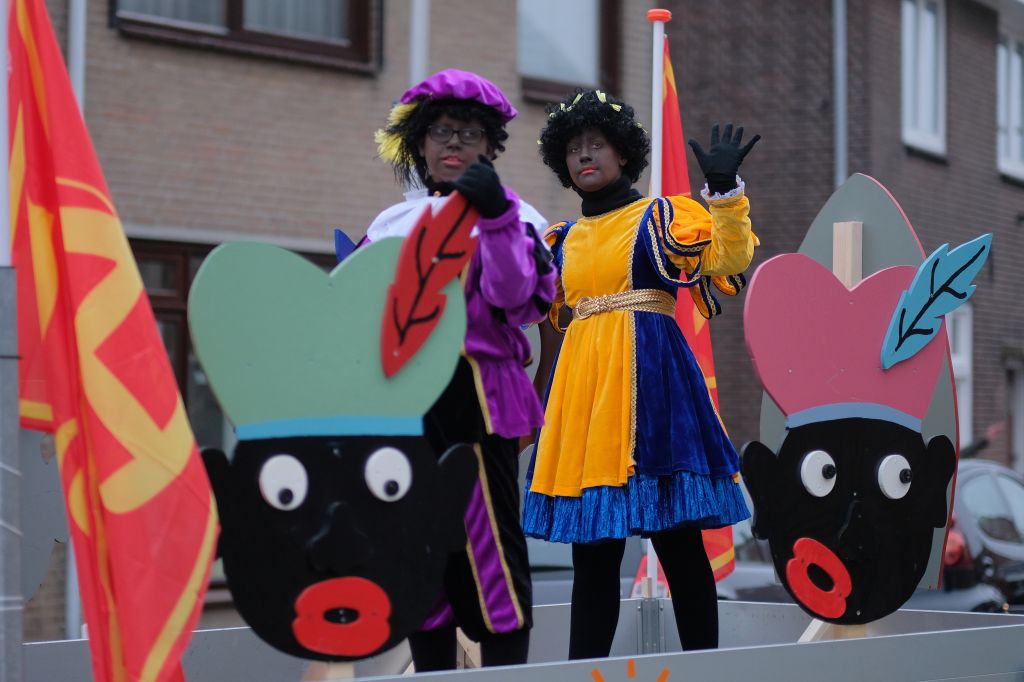
American soprano Angel Blue performs an aria (‘Vissi d’arte,’ from Giacomo Puccini’s ‘Tosca’) at the eighth annual, season-opening concert in the Metropolitan Opera Summer Recital Series at Central Park SummerStage, in New York City on June 22, 2016. | Source: Jack Vartoogian/Getty Images / Getty
An Italian amphitheater has spoken out after a blackface controversy surrounding an upcoming opera production there prompted a celebrated Black singer to drop out of the performances.
Angel Blue, a Grammy Award-winning soprano singer, announced this week she would no longer be participating in performances of “La Traviata” scheduled for later this month because she said Arena di Verona had recently used “blackface makeup” in a separate production at the venue.
“Let me be perfectly clear: the use of blackface under any circumstances, artistic or otherwise, is a deeply misguided practice based on archaic theatrical traditions which have no place in modern society,” Blue said in reference to a performance of “Aida” in part of a statement she shared Thursday via her Instagram account. “It is offensive, humiliating, and outright racist.”
Blue said she “cannot in good conscience associate herself with an institution which continues this practice.”
On Friday, Arena di Verona responded to Blue’s statement by seeking to have a “dialogue” with the singer.
Citing an “agreement” the opera house said had been reached with Blue nearly a year ago for her to perform in “La Traviata,” Arena di Verona disputed the timing Blue laid out, claiming it had premiered “Aida” 20 years ago and announced the most recent performance last year. The implication seemed to be that the opera house was curious why Blue chose to express outrage now, as if the use of blackface was any less controversial in 2002.
Arena di Verona also did not explicitly acknowledge Blue’s refusal to perform and sought instead to do apparent damage control without actually apologizing.
“Common convictions have often been reached only after years of dialogue and mutual understanding,” Arena di Verona said in its statement. “We have no reason nor intent whatsoever to offend and disturb anyone’s sensibility.”
Arena di Verona also appeared to use its statement to respond to the online backlash generated by Blue’s statement on Instagram.
“The digital world does not create the same empathy that only direct contact can bring about: just as in Theater,” Arena di Verona said. “Contraposition, judgments, labeling, lack of dialogue only feed the culture of contrasts, which we totally reject, and we also appeal to everyone to work together to avoid divisions.”

A general view of the Arena di Verona illuminated at night on November 20, 2017, in Verona, Italy. | Source: Leonello Bertolucci / Getty
Anna Netrebko, a white Russian soprano, was cast by Arena di Verona as the title role in “Aida,” an opera by Giuseppe Verdi that is set in Egypt and stars a character who is an Ethiopian princess.
Netrebko, who’s played that role before, has a history of defending the use of blackface when performing “Aida,” according to the ClassicFM website.
“I am NOT gonna be white AIDA”, Netrebko said on social media in 2019 in response to questions about her performance makeup. “Black Face and Black Body for Ethiopian princes, for Verdi greatest opera! YES!”
Performances of “Aida,” have long come under fire for their depictions of Black people — especially who depicts them.
Tichina Vaughn — a Black woman opera singer — has questioned why blackface makeup is even needed in the first place.
“If I want to be Klytemnestra (Elektra’s mother), do I need to get in white face?” Vaughn asked about the “Elektra” opera during an interview with the Associated Press in 2019.
The opera world is far from the only sector of society that can’t seem to say no to blackface.
Most recently, a white Democratic candidate for state senate in Rhode Island was forced to apologize this month after a photo from 2009 showed him smeared with dark makeup in a racist attempt to dress as James Brown in blackface.
Before that, a blackface scandal in 2019 that continues to have resounding effects shook up Virginia’s political elites.
SEE ALSO:
The New Emmett Till Opera Is Written By A White Woman And Stars A Fictional White Woman
The Met To Present Its First Opera Composed By A Black Musician
The post Arena Di Verona Addresses ‘Outright Racist’ Blackface Claim After Black Singer Quits Opera appeared first on NewsOne.

